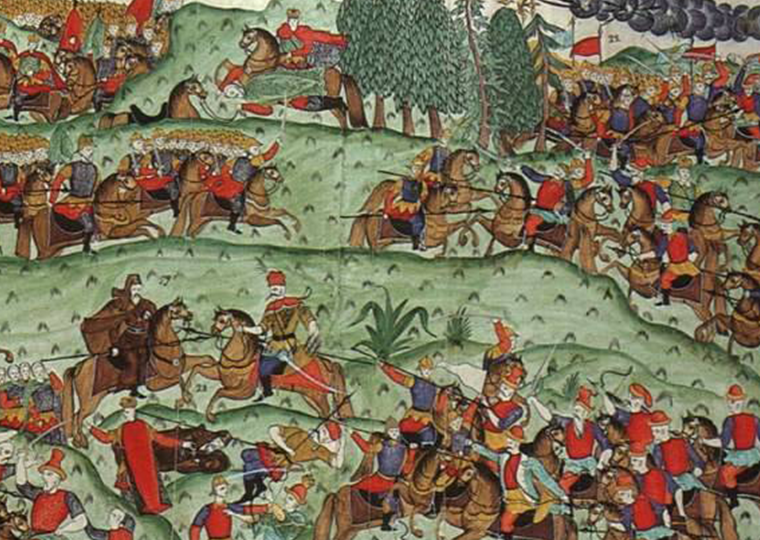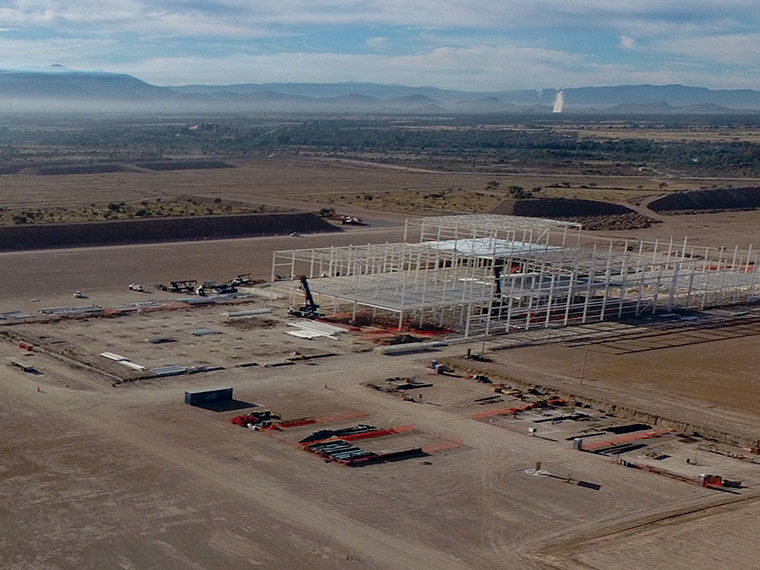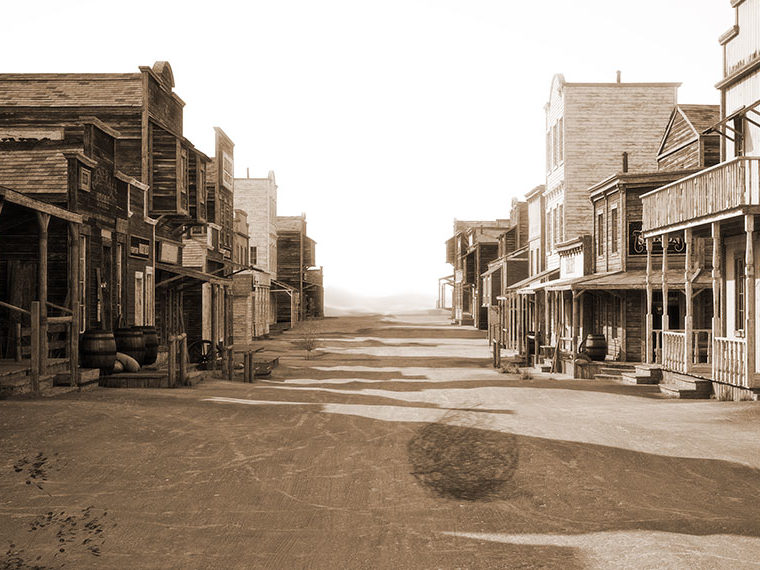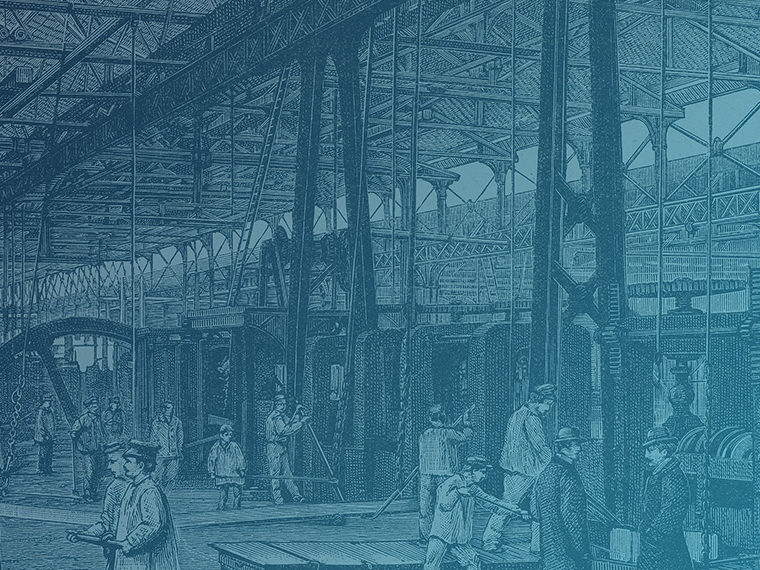Romain Wacziarg
Professor of Economics; Hans Hufschmid Chair in Management
About
Better understanding the sources of the wealth of nations is an age-old endeavor and Romain Wacziarg seeks to understand what explains economic performance. He has studied how deeply rooted features of societies affect their economic performance today, taking into account the historical legacy of geography, ethnic divisions resulting from complex historical paths and the cultural traits inherited from ancestors. A major theme of his research is the causes and effects of the global spread of democracy over the last few decades. Is democracy a luxury good that only wealthy countries can afford, or does democracy promote prosperity?
Topics

9 Articles

Big Families — and Overall Population Growth — Lead People to Emigrate
Europe’s Great Migration to North America, 1850-1920, offers lessons for today’s immigration patterns

Historical Case for Immigrants Sending Home More Than Money
France’s lower fertility rates spread to regions that sent the most emigrants to live there

Populism’s Rise in U.S. Isn’t Only About Anger
2016 vote shares for Trump and Sanders point to a mix of negative emotions

Cultural Polarization Isn’t New — But Its Alignment With Political Divisions Is
A new way to classify individuals delivers insights on social divisions and the culture war

Testing 17 Theories on the Development of Complex Civilizations
Large-scale data project produces stark conclusion: military technology + agricultural productivity caused the takeoff

World Economy 9.6% Bigger Without Investment Barriers
In a model, cultural differences matter as much as geography, institutional distinctions or capital constraints

Populism Blossoms Where Community Connectedness Is Lower
Gauging Trump’s appeal by estimating an area’s social capital

In Some Places, Fertility Rates Declined Before the Industrial Revolution
Using parish records, researchers examine fundamental changes in society following the French Revolution

Why Can’t We All Get Along? On Some Things, We Do
The narrative of a growing cultural divide, while partly true, conceals a more nuanced picture